Landmark forum seeks ‘better answers’ to refugee response
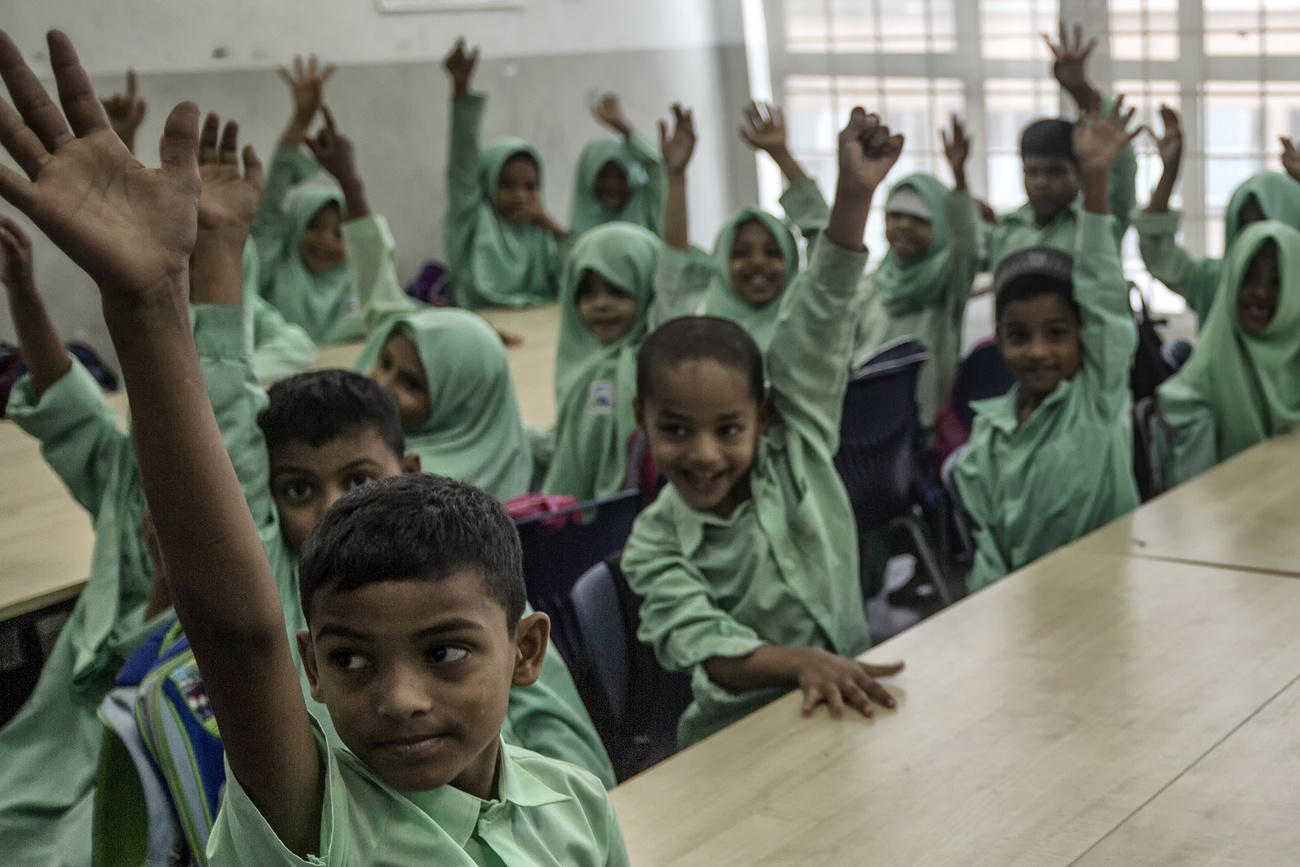
The first-ever “Global Refugee Forum” opens in Geneva on Monday to identify practical solutions to improve the lives of refugees and host communities. But weaknesses remain in its underlying framework, say critics.
Around 2,000 people are expected for the international conference in the Swiss city, which runs from December 16-18. President Recep Tayyip Erdogan of Turkey, home to 3.5 million refugees, will be among the VIPs rubbing shoulders with other government delegates, officials from international organisations, NGOs, companies and foundations, and 60 refugees.
The three-day eventExternal link takes place at the end of a decade in which the number of forcibly displaced people has hit record levels – almost 71 million worldwide – of whom 26 million are officially refugees, victims of violence and persecution in countries like Syria, Iraq and Myanmar.
Jointly organised by UNHCR and the Swiss government, the forum comes one year after states adopted the United Nations Global Compact on RefugeesExternal link, a non-binding framework that emerged from the New York Declaration for Refugees and MigrantsExternal link in 2016, along with the more controversial UN Global Compact for Migration.External link
“The Geneva meeting is a landmark opportunity to take stock and, more importantly, to act,” said UN Deputy High Commissioner for Refugees Kelly Clements.External link “We need better answers for how we actually respond to forced displacement.”
UNHCR wants participants to share best practices on refugee and asylum policies and hopefully announce solid commitments and pledges – from financial to resettlement numbers. Key topics include employment and education opportunities for refugees, their environmental impact, energy and infrastructure, protection, cooperation and responsibility-sharing.
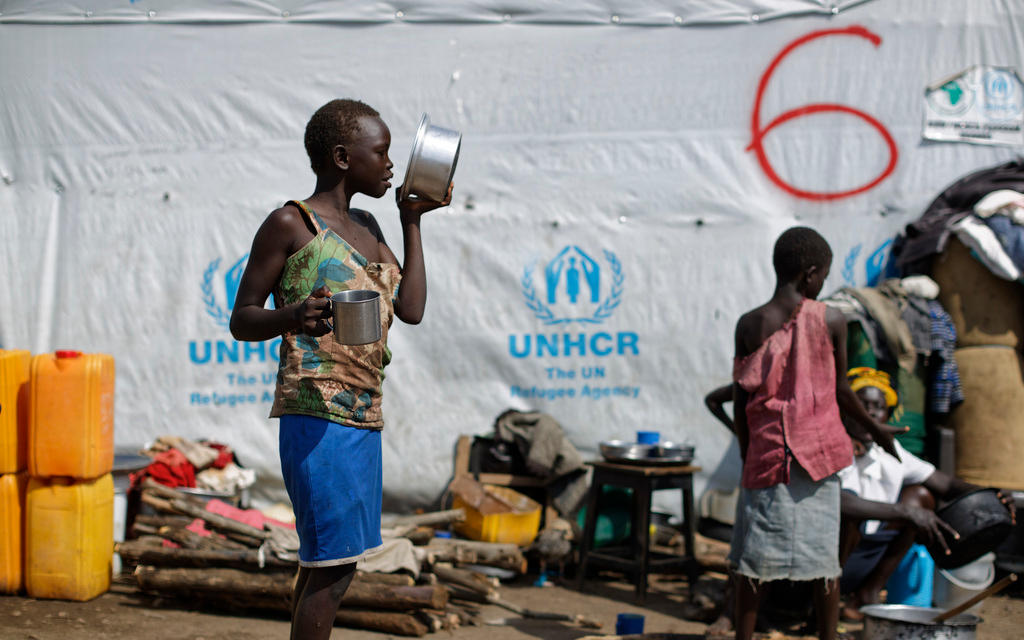
More
Switzerland to vote in favour of global compact on refugees
Sharing the burden
At present, 85% of refugees live in low- or middle-income countries which struggle to host them; ten countries, including Uganda and Bangladesh, accommodate over 60% of all refugees.
“The outcomes we would like to see [in Geneva] remain grounded in better responsibility-sharing and a human-rights based, compassionate response to the needs of refugees,” said Jennifer Foster, an expert on refugee and migrant rights at Amnesty International.
“Ideally, we would see firm commitments globally to provide financial support to host countries and to broaden access to third country resettlement and other safe and legal pathways for refugee movement.”
She highlighted the underfunded Joint Response Plan for Rohingya refugees,External link where children in the camps are effectively being denied an education due to restrictions imposed by the Bangladesh government. Financial support is also badly needed to help the Turkish government support Syrian and other refugees, and to assist countries hosting people fleeing from Venezuela, she added.
Switzerland is a regular supporter of UNHCR. In June the Swiss government announced a CHF125 million ($126 million) pledge for the UN agency for the 2019–2022 period. Swiss humanitarian experts are often seconded to UNHCR for urgent field missions and the government makes additional ad hoc financial contributions depending on sudden or worsening humanitarian crises.
Since 2011, the Alpine nation has allocated over CHF42 million to support UNHCR’s activities for victims of the Syria crisis, including help for 5.6 million refugees in neighbouring countries and for 6.2 million people forced from their homes but still in Syria.
Swiss good practices
Switzerland will be represented in Geneva by Foreign Minister Ignazio Cassis, who will open Tuesday’s high-level segment.
The Swiss government intends to share good practices on its asylum and refugee policies.
“Many people are interested in our new asylum policy, the way we bring all the main actors together to facilitate the procedures and speed them up, and also provide legal aid for all asylum seekers,” Pietro Mona, the Swiss ambassador for development, forced displacement and migration, explained.
Swiss diplomats will also focus on their prevention and protection activities, and education for refugees. They are expected to outline new funding and resettlement commitments.
Patrik Berlinger, head of development policy at Caritas Switzerland, said Switzerland’s new “short and fair” asylum procedures and integration measures worked well in general. But he insisted that more should be done for women and minors seeking asylum.
Switzerland must support a “strong and ambitious international cooperation policy” backed by appropriate financial means and further increase the number of resettlement places on offer, said the Caritas official. The country must also sign up to the Global Compact for Migration, which “covers migrants who do not have refugee status but still need protection, security and perspectives”, he added.
In general, the Global Compact on Refugees, which is based on current international law, has proven to be much less controversial than the migration pact, which was approved in Morocco on December 10, 2018 by 164 countries – but not Switzerland.
Migration is seen as far more complex, Mona said: “We talk about 250 million migrants worldwide, but there is no legally binding document that defines what a migrant is… it’s not the same logic or approach.”
The refugee pact was approved by the Swiss Federal Council last year, but the migration pact remains subject to a detailed analysis and debate in parliament ahead of any future Swiss approval.
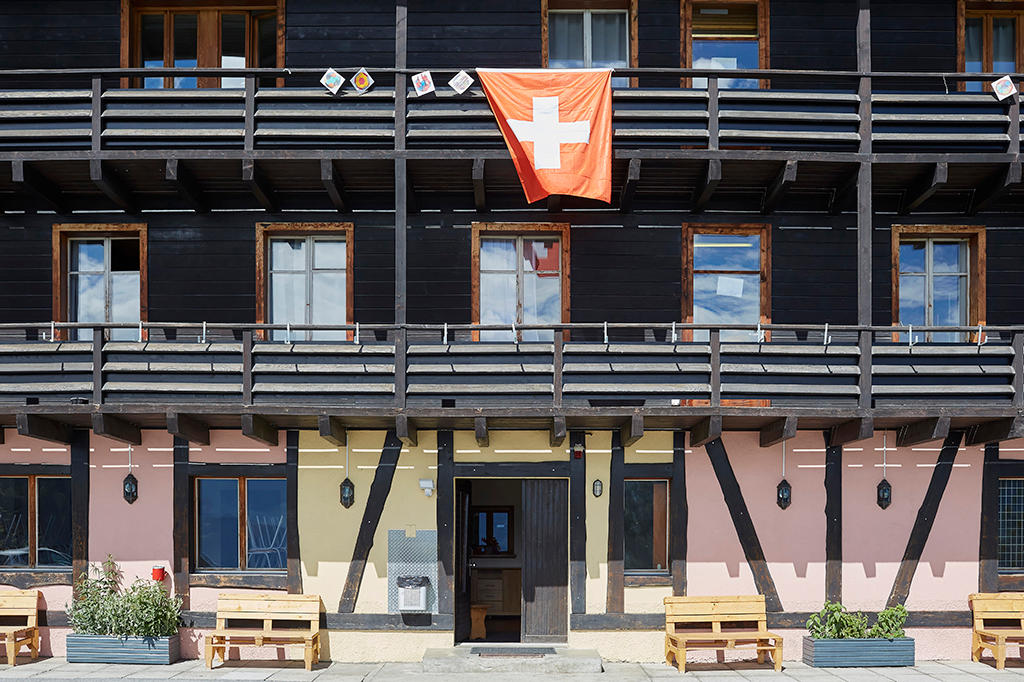
More
Behind closed doors: where refugees call home in Switzerland
‘Thin’ and non-binding pact
For its part, UNHCR insists that the forum and its refugee pact is a milestone achievement – a “new deal for refugees”.
“The refugee pact was the incentive or boost that the international community needed to start a plan for how we set benchmarks that are required in 2019 to compare where we are later in 2023,” said Clements.
Despite the regular crises, she believes the refugee situation has changed since 2016. So-called Comprehensive Refugee Response FrameworksExternal link have been rolled out in 15 different contexts. Capacity building is being ramped up and many countries are taking elements from the refugees compact.
The UN official pointed to positive developments in countries like Ethiopia, Djibouti and in Central America, where seven governments are pursuing a harmonised regional approach, for example.
The refugee pact arguably goes further than previous global initiatives, yet serious limitations have been identified. Some critics lament that it is a non-binding instrument. While others have described it as “thinExternal link”, failing to provide solid, reliable protection for refugees, and lacking a mechanism to adequately compensate host communities.
Berlinger felt the refugee the pact enjoyed broad support and encouraged joint action. But he said it failed to answer questions such as sustainable financing or the resolution of the underlying violent conflicts.
Foster concurred: “Without a binding requirement to provide funding, resettlement, and protection support, governments continue to shirk responsibility rather than share it.”
Since 2013 and the worsening humanitarian crisis in Syria, Switzerland has participated several times in UNHCR’s reinstallation programmeExternal link for the most vulnerable refugees, mainly victims of the Syria conflict.
-
Between November 2013 and December 2015, 502 refugees were admitted to Switzerland from Lebanon, Jordan and Iraq.
-
Another 1,000 refugees victims of Syria’s war were admitted to Switzerland under an operation over a three-year period.
-
Between December 2016-Spring 2019, 1,993 people, mainly Syrian families from Lebanon and Jordan were admitted to Switzerland.
-
In summer 2018, 80 especially vulnerable people who were evacuated from Libya to Niger were admitted to Switzerland;
-
In 2018, Switzerland committed to take in another 800 victims of the Syria conflict: 617 have already arrived and 183 should come by the beginning of 2020.

In compliance with the JTI standards
More: SWI swissinfo.ch certified by the Journalism Trust Initiative

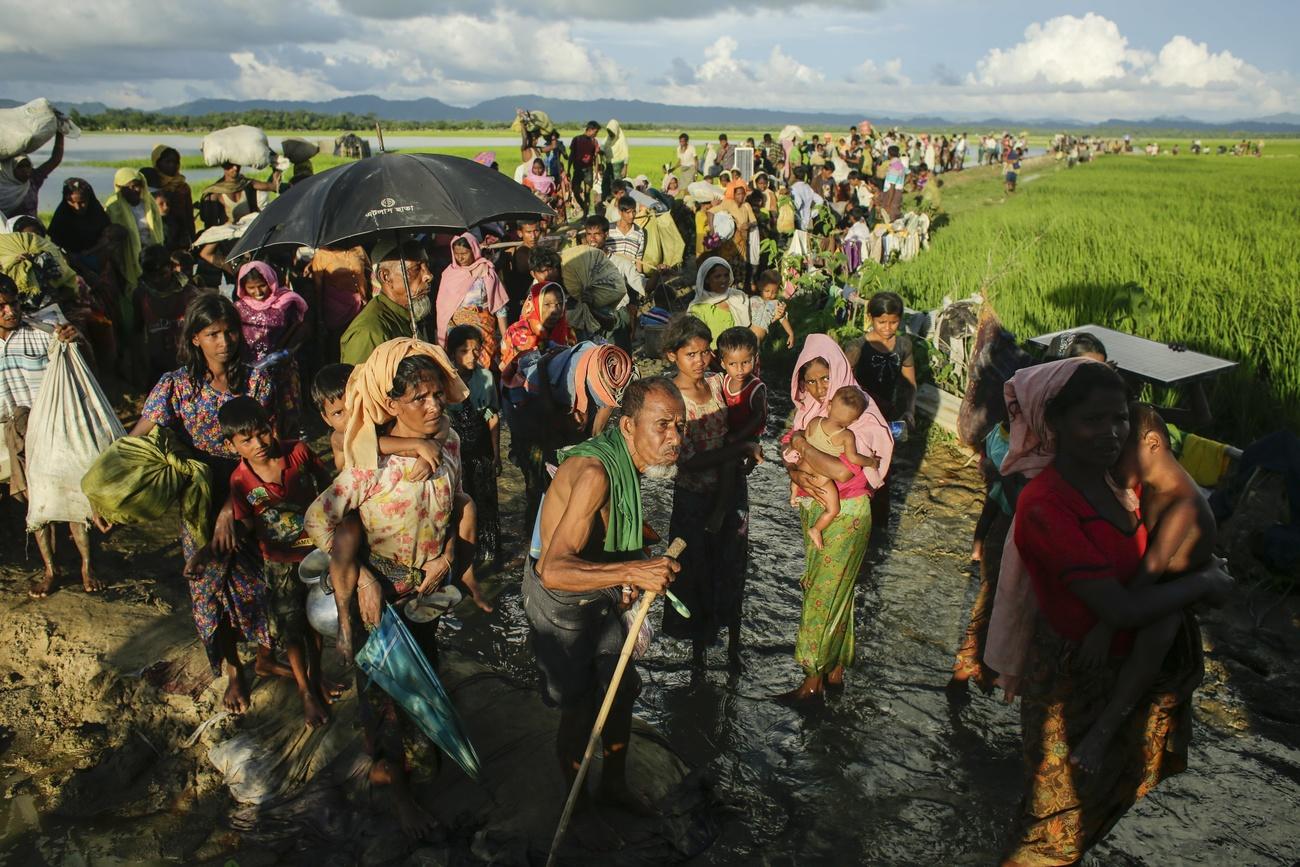
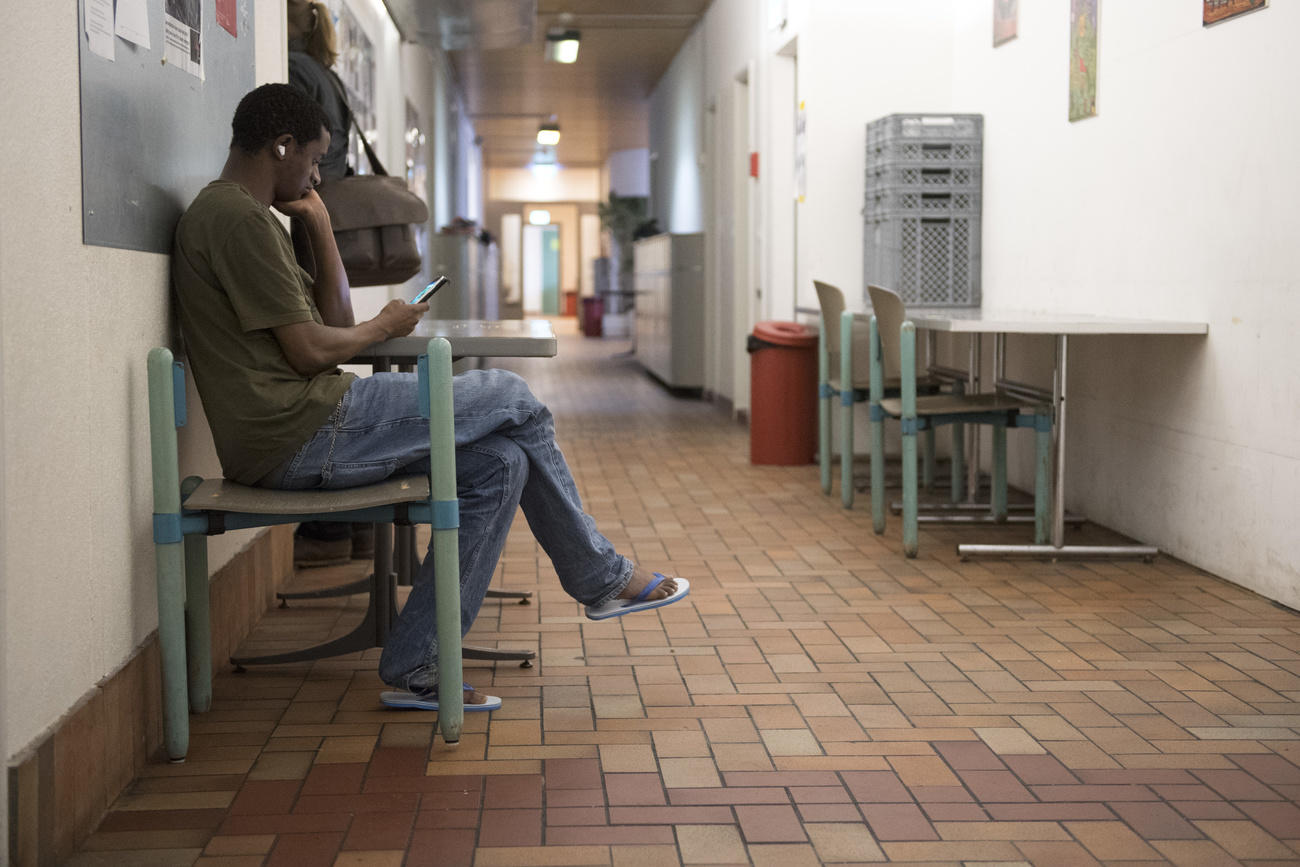
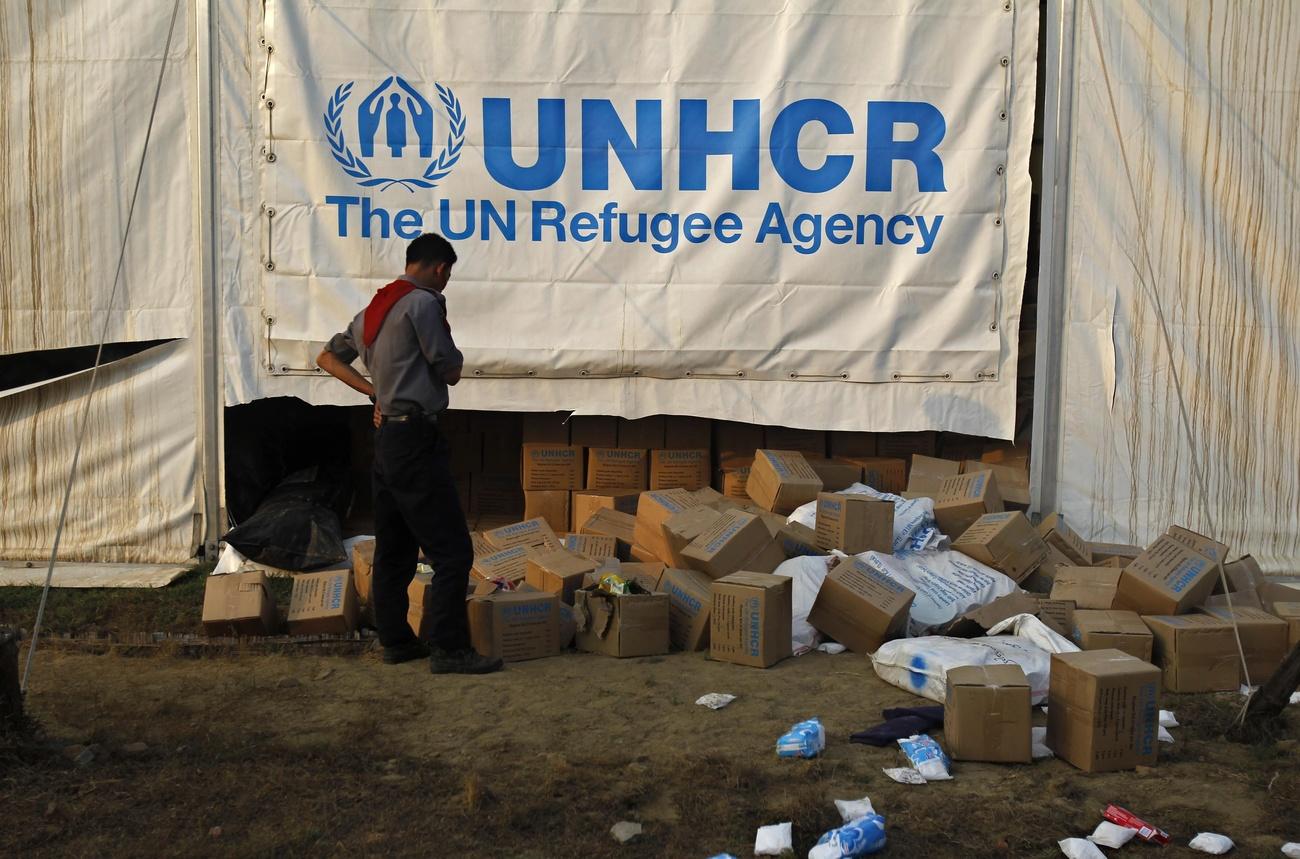
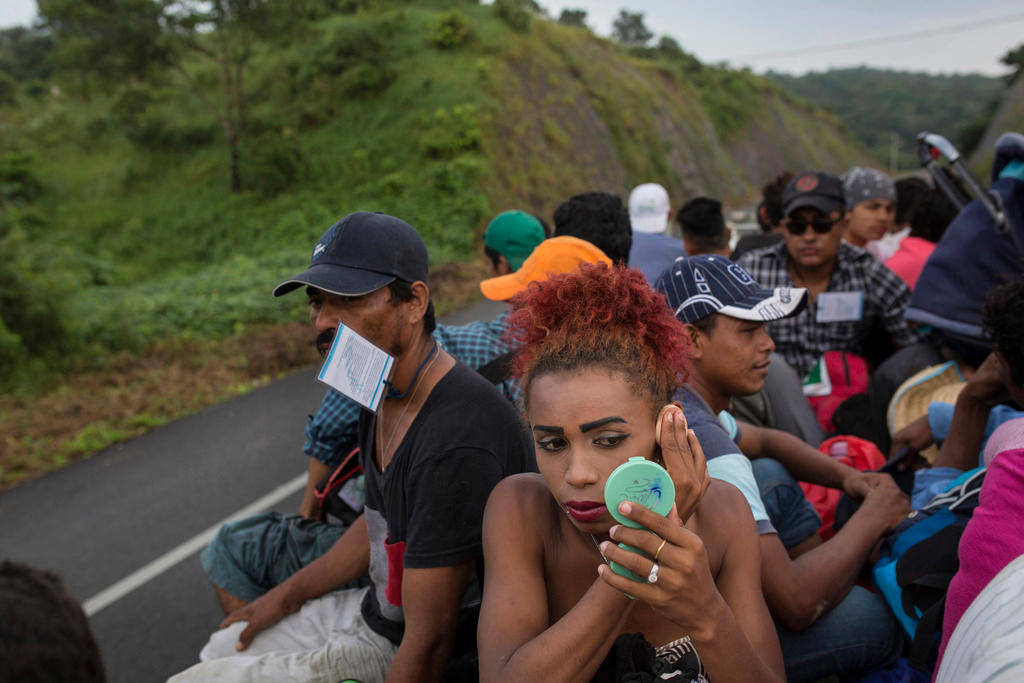


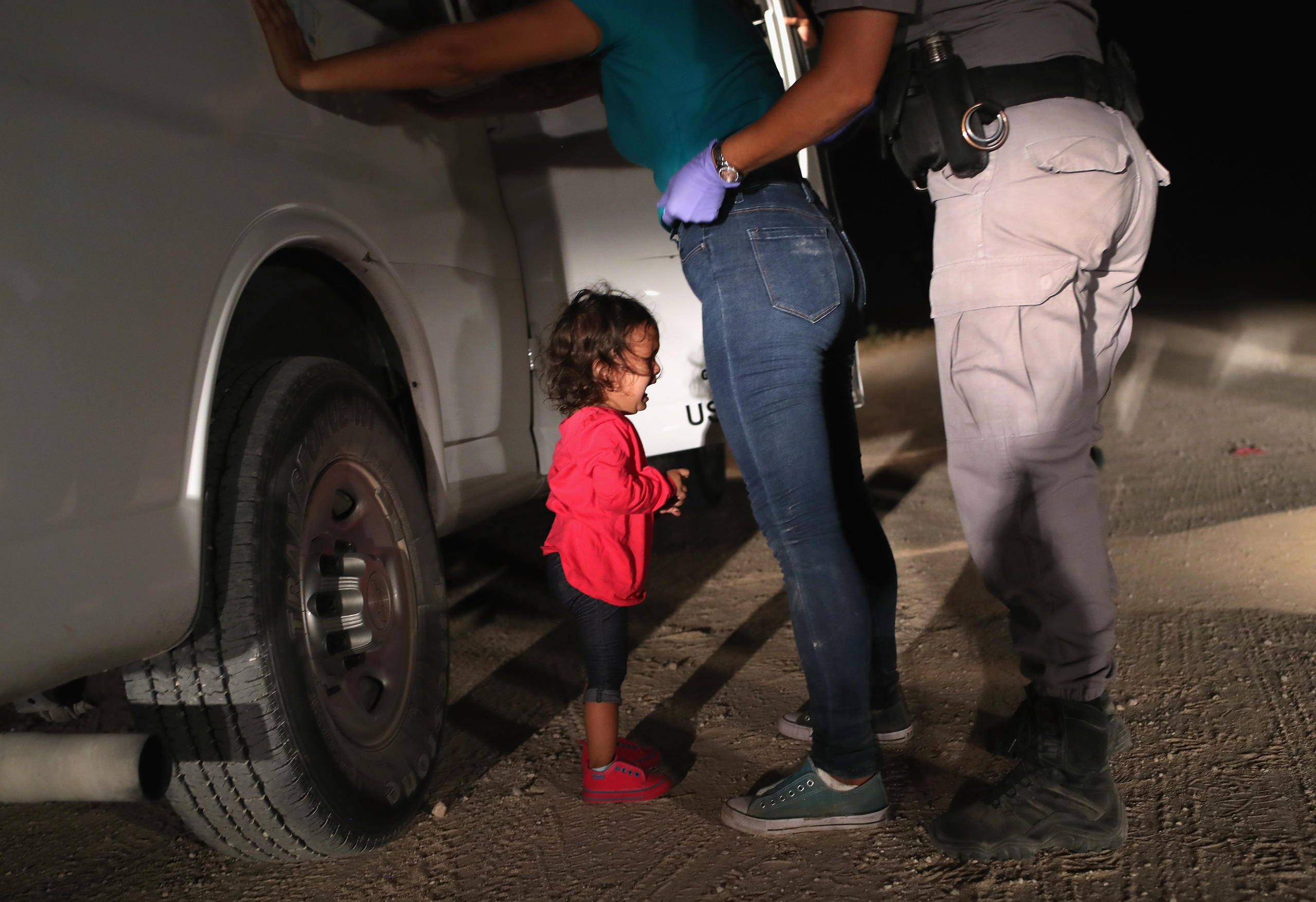
You can find an overview of ongoing debates with our journalists here. Please join us!
If you want to start a conversation about a topic raised in this article or want to report factual errors, email us at english@swissinfo.ch.